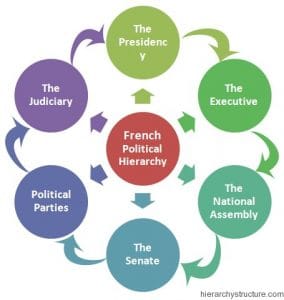South Korean President Yoon Suk-yeol is facing a significant legal challenge as he has been charged with insurrection following his attempt to declare martial law during a recent political crisis. The move by Yoon, which was met with controversy and resistance from various political factions, has sparked a national debate about the extent of presidential powers and the limits of constitutional authority.
The events unfolded earlier this month when President Yoon, citing growing political instability and public unrest, announced his intention to declare martial law. The decision was met with immediate backlash from opposition parties and legal experts who argued that such a move would be unconstitutional and a violation of democratic principles. The opposition contended that the president lacked the legal authority to impose martial law without the explicit approval of the National Assembly.
In response to the controversy, the South Korean judiciary decided to pursue charges against President Yoon. The charges allege that his attempt to declare martial law constituted an act of insurrection against the established constitutional order. Legal experts have noted that the charges are significant because they raise fundamental questions about the balance of power between the executive and legislative branches of the government.
The legal battle is expected to be lengthy and complex, with both sides presenting strong arguments. President Yoon’s legal team has maintained that his actions were taken in the best interests of the country and were necessary to maintain public order and stability. They argue that the president has the constitutional authority to take decisive action in times of crisis, and that the attempt to declare martial law was a legitimate exercise of these powers.
On the other hand, the prosecution and opposition parties argue that the president’s actions were a clear overreach of his authority and a direct violation of the constitution. They contend that the declaration of martial law was an attempt to circumvent the democratic process and consolidate power in the hands of the executive branch. The legal case is being closely watched by both domestic and international observers, as it has important implications for the future of South Korean democracy and the rule of law.
The political climate in South Korea has been tense in recent months, with ongoing protests and debates over a range of issues, including economic policy, social reform, and foreign relations. The attempt to declare martial law has exacerbated these tensions and has led to widespread calls for a resolution that respects the constitutional principles of the country.
As the legal proceedings unfold, there is widespread speculation about the potential impact on President Yoon’s political future. Some analysts suggest that a conviction could lead to his removal from office, while others argue that the political fallout could have broader consequences for the ruling party and the upcoming elections. Regardless of the outcome, the legal case is expected to have a lasting impact on the political landscape of South Korea.
The international community has also been following the developments closely, with many expressing concern about the potential implications for democracy and stability in the region. South Korea is a key ally of the United States and plays a crucial role in maintaining regional security and economic prosperity. The legal case against President Yoon has raised questions about the strength of democratic institutions in the country and the resilience of its constitutional order.
In conclusion, the charges of insurrection against South Korean President Yoon Suk-yeol mark a significant moment in the country’s political history. The legal battle that lies ahead will have far-reaching consequences for the balance of power, the rule of law, and the future of democracy in South Korea. As the case unfolds, both domestic and international observers will be watching closely to see how the South Korean judiciary navigates this complex and sensitive political crisis.



